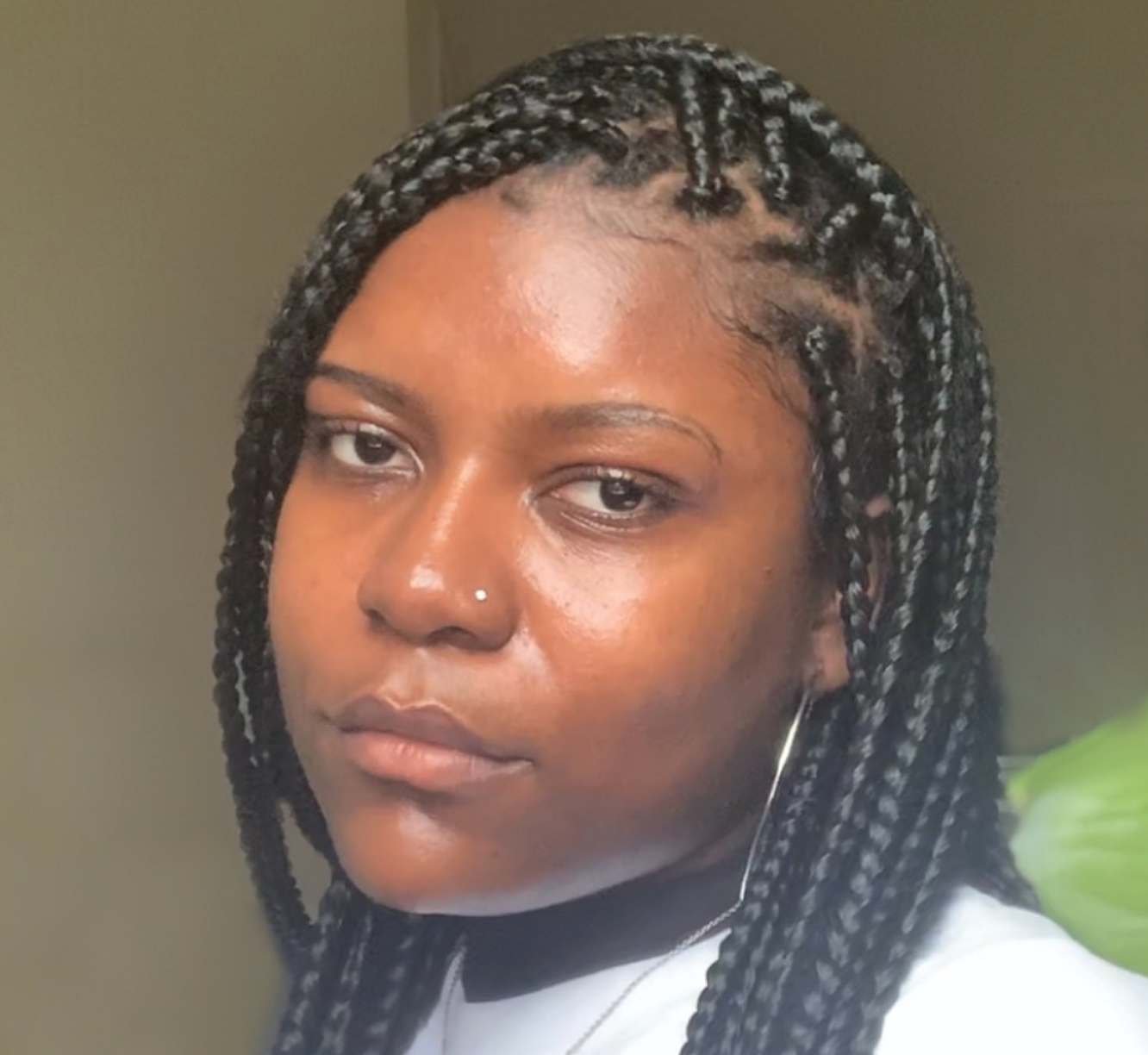Opinions & Observations: What the Black Lives Matter movement means for Black immigrants

 The white upper-middle class nuclear family has long served as the visual representation of the “American Dream.” For many immigrants living in the United States, achieving this dream calls for the suppression of their native identity, and a strong commitment to cultural, social and economic assimilation. However, after bearing witness to the gruesome incidents of police brutality, racism and xenophobia in the U.S, Black immigrants are now facing the cold, hard truth: no amount of wealth, cultural knowledge, or language proficiency will give them the life of privilege that America promised to them.
The white upper-middle class nuclear family has long served as the visual representation of the “American Dream.” For many immigrants living in the United States, achieving this dream calls for the suppression of their native identity, and a strong commitment to cultural, social and economic assimilation. However, after bearing witness to the gruesome incidents of police brutality, racism and xenophobia in the U.S, Black immigrants are now facing the cold, hard truth: no amount of wealth, cultural knowledge, or language proficiency will give them the life of privilege that America promised to them.
I moved to the U.S. as an impressionable pre-teen, with more ease than most. My Haitian mother chose to bypass strict immigration policies by having me in the state of Florida, making American citizenship my birthright. Nonetheless, it didn’t take long for me to realize that my birth certificate meant nothing when my thick accent, my coarse hair and my dark brown skin were clear indicators that I did not fit into the white catholic school I was sent to.
My family believed that white schools and white neighborhoods were the perfect recipe for molding successful, well-respected children, because they had been told, by western media, that proximity to whiteness was proximity to success. Ironically, we were not even wanted in those spaces. White teenagers often laughed and scoffed at my grandmother’s inability to speak English. Neighbors stared begrudgingly at us whenever we went for a walk. Classmates picked on me for being so visibly Black. We were, and still are, reminded every day that this country does not welcome people who look and talk the way we do.

Brooklyn Boro
View MoreNew York City’s most populous borough, Brooklyn, is home to nearly 2.6 million residents. If Brooklyn were an independent city it would be the fourth largest city in the United States. While Brooklyn has become the epitome of ‘cool and hip’ in recent years, for those that were born here, raised families here and improved communities over the years, Brooklyn has never been ‘uncool’.